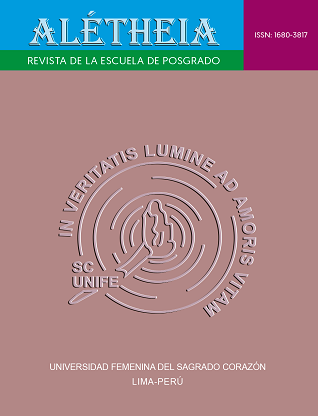The non applicability of assisted confinement in criminal proceedings of juvenile offenders (an exploratory study in the Family Court of the Superior Court of the Justice of North Lima)
DOI:
https://doi.org/10.33539/aletheia.2015.n3.1240Keywords:
best interest of the child, socioeducational measures, restricted freedom, assisted freedom.Abstract
The main purpose of the present research is to determine whethet judges at the Family Court violate the best interests of the child by ruling restricted freedom in cases where assisted freedom should be tuled, and whether the principle of proportionality between the minor's actions and personal circumstances. This research was conducted in the Family Courts of the Superior Court of Justice of North Lima, which have experienced legal action for adolescents in conflict with criminal law. Its purpose is the creation of mechanisms and/or basic guiding procedures towards the application of socio-educational measures, especially assisted freedom, as well as to bridge the existing gaps when executing the imposed measures. Such measutes must fit within the existing guaranteesin all process, as well as the fair application of the principle of proportionality between the act committed and the measure applied.





